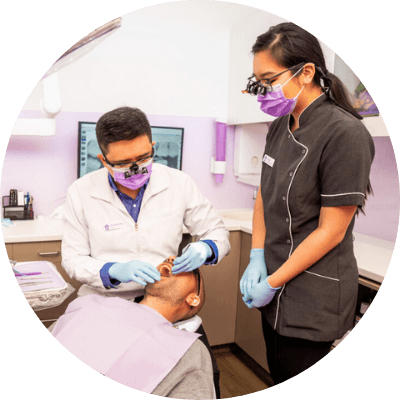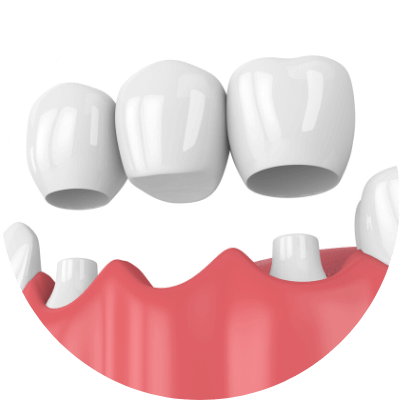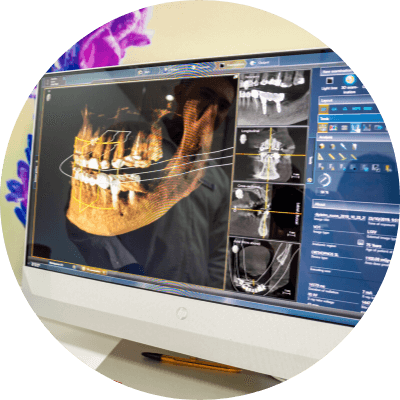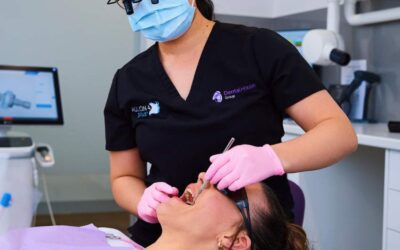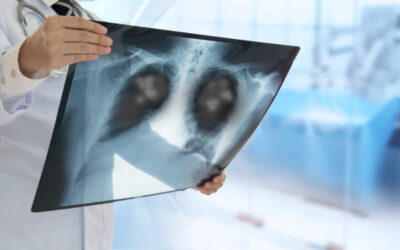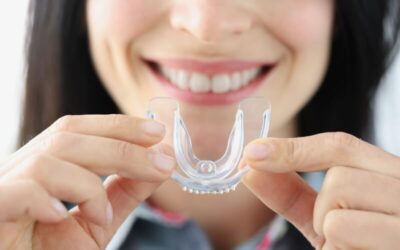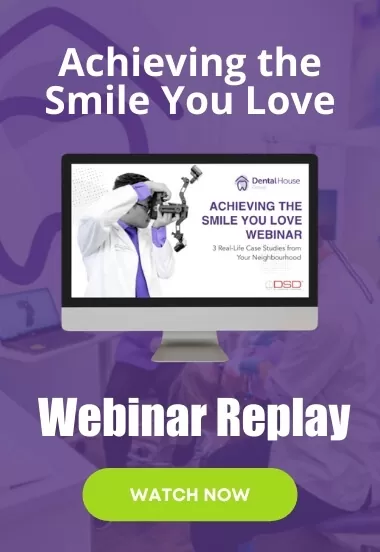Tooth Growth Stimulated by New Drug
Tooth Growth Stimulated by New Drug
Rice cookers, quartz watches, cassette players, bullet trains and being the second most powerful tech giant on the planet, is Japanese ingenuity that almost pales into insignificance with its new study offering sci-fi hope to those with missing teeth.
Tooth loss is a worldwide oral health issue in adults. It results in loss of confidence, a decline in nutrition, sometimes social isolation and general loss of life quality. To date, implants and crowns, or dentures, have been the only solution. No matter how good the colour, shape and quality of this dental work, it’s never as good as having real teeth because without nerve activity, they’ll always feel quite foreign to touch with the tongue, and there’s no sensation of temperature.
Not such a bad thing for those with tooth sensitivity, but all in all, while these missing tooth solutions are effective, nothing, but nothing beats the possibility of growing your own new tooth.
Scientists at Kyoto University and the University of Fukui have discovered that by using the gene USAG-1 antigen to suppress it, tooth growth is stimulated in mice suffering from tooth agenesis, a congenital condition where teeth don’t grow.
It’s a tough situation for a mouse; they’re born with only one set in comparison to our two – and with a diet based on grains and seeds, it can’t be fun being a fangless mouse.
The paper was published in Science Advances, a multidisciplinary, peer-reviewed, open-access scientific journal established in 2015, and the first open-access journal published by the American Association for the Advancement of Science.
Although the normal adult mouth has 32 teeth, about 1% of the population will have fewer or more due to genetics, and scientists have explored the causes for clues to human tooth regeneration.
Katsu Takahashi, one of the lead authors of the study and a senior lecturer at the Kyoto University Graduate School of Medicine, stated that the molecules responsible for tooth development had already been identified, and that the morphogenesis of an individual tooth depends on several molecule interactions – including bone morphogenetic protein (BMP), and Wnt signaling.
Both BMP and Wnt are involved in much more than just tooth development. These molecules modulate the growth of organs and tissue well before a developing human is the size of a peanut. It’s the reason drugs that directly affect this activity are avoided, because the side effects affect an entire body.
Thalidomide, a sedative originally used in the late 1950s and early ‘60s to treat morning sickness, perturbed the Bmp/Dkk1/Wnt signaling pathway, and resulted in birth defects in more than 100,000 babies worldwide; of the 10,000 live births, fewer than 3,000 are still living.
The Kyoto team already knew that suppressing USAG-1 was a benefit to tooth growth – what it didn’t know was whether that alone would be enough.
So the research team investigated the effects of several monoclonal antibodies commonly used to treat cancers, arthritis, and vaccine development, for USAG-1.
What resulted was that several of the antibodies lead to poor birth and survival rates of the mice, and categorically confirmed the importance of both BMP and Wnt on whole body growth. USAG-1 interacts with both BMP and Wnt and one promising antigen only disrupted the interaction of USAG-1 with BMP.
Further experiments with this antibody revealed that BMP signaling is essential for determining the number of teeth. Moreover, a single administration was enough to generate a whole tooth.
Subsequent experiments with ferrets showed the same.
Ferrets are diphyodont (two successive sets of teeth) with similar dental patterns to humans. The team’s plan is to next test the antibodies on pigs and dogs.
It’s the first study to show the use of monoclonal antibodies in tooth regeneration, and provides a completely new therapeutic structure for a clinical problem currently having to be resolved by the mechanical means of implants and other artificial measures. and where conventional tissue engineering had never been suitable.
This new research presents the evidence of cell-free molecular therapy being applicable for congenital tooth agenesis and tooth loss, meaning that the holy grail for dental researchers – the ability to regrow an entire missing tooth – although not within the immediate future, is certainly within reach.
In the meantime, rely on good oral care and 6-monthly check-ups with your dentist to keep the choppers you have.
DISCLAIMER:
The content has been made available for informational and educational purposes only. Melton Dental House does not make any representation or warranties with respect to the accuracy, applicability, fitness, or completeness of the content.
The content is not intended to be a substitute for professional personal diagnosis or treatment. Always seek the advice of your dentist or another qualified health provider with any questions you may have regarding a dental or medical condition. Never disregard professional advice or delay seeking it because of something you have read or seen on the Site.
Services we mentioned:
More Wellness Infographics
Red, Red Wine: Is It Beneficial For Oral Health?
Is red, red wine beneficial for our oral health? Or does it just feel good at the time & if you overdo it you feel like cr*p the next morning…
Detecting Oral Cancer Is Given The Brush
In 2020, Oral Cancer accounted for almost 380,000 cases, and 180,000 deaths globally. It’s on the increase with diagnosis incidents…
Could The Surge In Pneumonia In Children Be Related To Their Teeth Brushing?
Kids and teenagers are not self-maintaining, and nor is their oral health. Teeth brushing: spend time with it frequently…
What Is Dental Sleep Medicine? It’s Not Sleep Dentistry
Dental Sleep Medicine is the intersection of dentistry with issues affecting sleep. Snoring, sleep apnoea, & related breathing disorders…




